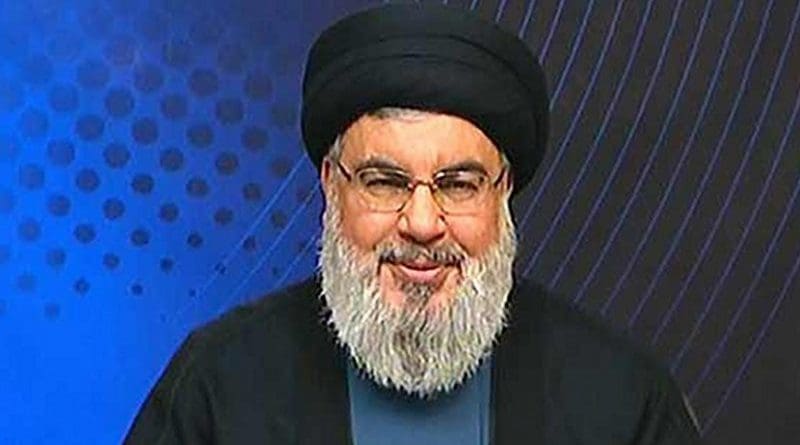The Deal Detween Hezbollah And Islamic State – OpEd
By Arab News
By Diana Moukalled*
The deal that Hezbollah brokered with the Daesh (Islamic State), supported by Damascus, Tehran and probably Moscow, has caused confusion that extends beyond Lebanon’s borders. The deal stipulated the withdrawal of 300 Daesh fighters from Lebanon’s eastern barrens to the Iraqi-Syrian border, in exchange for the release of Hezbollah prisoners, and revealing the fate of Lebanese soldiers taken hostage by the terrorist group.
In Lebanon, despite Hezbollah’s control over decision-making, many reject the humiliating deal, especially since Hezbollah had previously prevented the state from negotiating over the soldiers or militarily resolving the matter via the national army. Hezbollah has led a propaganda campaign portraying Lebanon’s government and people as affiliated to it, the Syrian regime and Iran.
The deal has stirred international and regional dismay, including from Iraqi Prime Minister Haider Al-Abadi. In addition, the US-led coalition carried out a strike to prevent the passage of the convoy of Daesh evacuees — a clear sign of Washington’s rejection of the deal.
Practically, Hezbollah won, but the battle in the barrens, whose details remain unclear, was not a military victory. Hezbollah won because its Lebanese opponents were defeated, and because of a significant change in the regional map. Ever since Hezbollah launched the battle, there has been talk of international and US resentment, yet it achieved what it wanted to.
When the Lebanese Army was in the midst of battle in Ras Baalbek and Al-Qaa, Hezbollah and the Syrian Army announced their coordination with the Lebanese military despite the latter’s denial. Hezbollah wanted to prove this coordination by announcing the start and end of the battle. With its success, its sponsor Iran can more easily fulfill its regional ambitions.
Weak Lebanese and Iraqi objections over the transfer of Daesh fighters do not challenge Tehran’s interests. US talk of fending off Iran’s regional influence is not backed by any real accomplishment. There is no political or practical vision to curb this influence. The US-led coalition strike that caused a crater on the road on which the Daesh convoy was passing can only be regarded as Washington’s transient discontent.
Hezbollah is at the heart of political power in Lebanon, and its orders are always obeyed. Yet the recent speech by its Secretary-General Hassan Nasrallah showed great unease. He attacked all those who oppose what he is doing. Hezbollah’s media has also led a campaign of intimidation and threats. Nasrallah responded to Baghdad’s objections lamely, saying the Daesh fighters were moved from one Syrian region to another.
Regional and international deals have allowed Hezbollah, Iran and the Syrian regime to control the region and the fate of its peoples. Everyone is talking about victories, but what kind of victories exterminate people and destroy cities while the whole world watches from afar?
• Diana Moukalled is a veteran journalist with extensive experience in both traditional and new media. She is also a columnist and freelance documentary producer. Twitter @dianamoukalled

